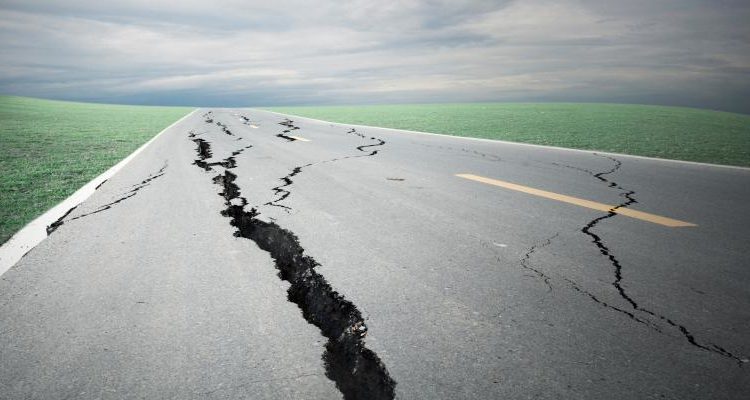We hear much these days about the need for Congress to pass an “Infrastructure bill” in which the national government will spend billions upon billions of dollars to repair roads and bridges of all types in cities and states across the country. There’s only one teensy weenie problem with this – it is completely unconstitutional.
Are our roads, bridges, airports, et al, in dire need of repair? Absolutely. So what’s the issue with this “good intention” and the Constitution? Simple. The only reference to roads in the Constitution is found in Article I, Section 8, which states that “Congress shall have Power to…establish Post Offices and Post Roads.” We no longer have roads designated as “post roads”; interstate highways, bridges, train trestles, airports and the like do not qualify for federal funds under the Constitution because they are clearly not defined to be “post roads.”
Yet, those wanting to pass this bill, including President Trump, will claim that this is for the “good” of the country – that such spending would fall under the guise of providing for the general welfare. To this I say, “Baloney.” Airports, bridges, highways, interstates are not part of the “general welfare” clause of Article I Section 8 of the Constitution, and I have no less than James Madison, the “father of the Constitution”, as my authority on that. In The Federalist #41, he wrote:
“Nothing is more natural nor common than first to use a general phrase, and then to explain and qualify it by a recital of particulars.”
In other words, the general phrase “general welfare” in the opening clause of Article I, Section 8 is defined and limited to the enumerated items that follow in the remainder of the article, and the only roads authorized to be established (and therefore paid for) by the federal government are “post roads.”
Furthermore, in 1822 Congress passed a bill to repair the Cumberland Road that had been built using federal money under President Jefferson’s administration. Initially the road was used as a “postal” road, but later came to be more like our modern-day interstate highways, with the states putting up toll booths, etc. on it. So, when this bill reached the desk of President Monroe, he vetoed it as being an unconstitutional appropriation of taxpayer money. In his veto message to the House of Representatives he stated:
“Having duly considered the bill entitled “An act for the preservation and repair of the Cumberland road,” it is with deep regret, approving as I do the policy, that I am compelled to object to its passage and to return the bill to the House of Representatives, in which it originated, under a conviction that Congress do not possess the power under the Constitution to pass such a law.
A power to establish turnpikes with gates and tolls, and to enforce the collection of tolls by penalties, implies a power to adopt and execute a complete system of internal improvement. A right to impose duties to be paid by all persons passing a certain road, and on horses and carriages, as is done by this bill, involves the right to take the land from the proprietor on a valuation and to pass laws for the protection of the road from injuries, and if it exist as to one road it exists as to any other, and to as many roads as Congress may think proper to establish. A right to legislate for one of these purposes is a right to legislate for the others….”
Clearly, then, any kind of an infrastructure bill is unconstitutional. What then can we do? Have the states pay for the building and repair of these roads, structures and entities, or follow the advice of Present Monroe who gave this answer at the end of his veto:
“Having at the commencement of my service in this high trust considered it a duty to express the opinion that the United States do not possess the power in question, and to suggest for the consideration of Congress the propriety of recommending to the States an amendment to the Constitution to vest the power in the United States,…”
This, I understand, is a harsh stance, and federal money has been spent in this manner for decades and decades and is a “good” thing; but, as stated by an unknown Federalist author in the Alexandria Gazette on July 5, 1819:
“”[The] peculiar circumstances of the moment may render a measure more or less wise, but cannot render it more or less constitutional.”
-September 1, 2017

